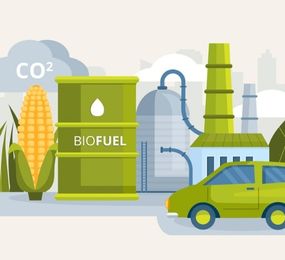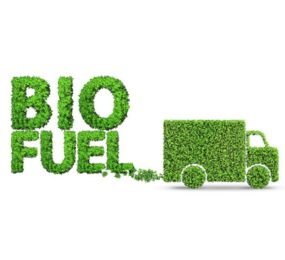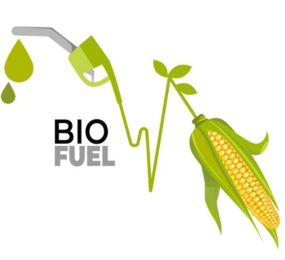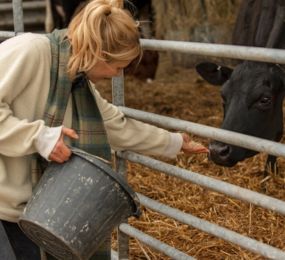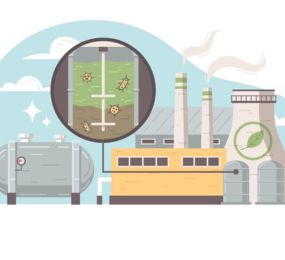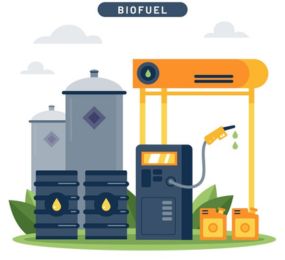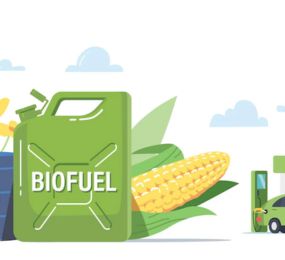In advanced biofuels, regulatory frameworks play a pivotal role in steering the industry toward sustainability and innovation. Navigating this complex landscape involves understanding the intricate balance between policy compliance and fostering technological advancements.
Governments worldwide are increasingly recognizing the importance of biofuels in mitigating climate change. The regulatory landscape is evolving to encourage the production and adoption of advanced biofuels, aligning with ambitious emission reduction goals.
Policy developments, such as Renewable Fuel Standards (RFS) and Low Carbon Fuel Standards (LCFS), set benchmarks for biofuel production, pushing the industry to embrace cleaner and more sustainable alternatives. These regulations provide a roadmap for reducing carbon intensity and promoting the use of advanced feedstocks.
Certification programs, like the Roundtable on Sustainable Biomaterials (RSB) and the International Sustainability and Carbon Certification (ISCC), ensure that biofuel production meets stringent environmental and social criteria. Compliance with these standards is crucial for market access and fostering consumer confidence.
As the regulatory landscape continues to evolve, it becomes a cornerstone for the growth of advanced biofuels. Policymakers, industry stakeholders, and innovators must collaborate to shape regulations that not only ensure compliance but also foster an environment conducive to sustainable and efficient biofuel production.
To register or learn more about the Forum please check here: https://bit.ly/3JyelAm
For more information and group participation, contact us: [email protected]



